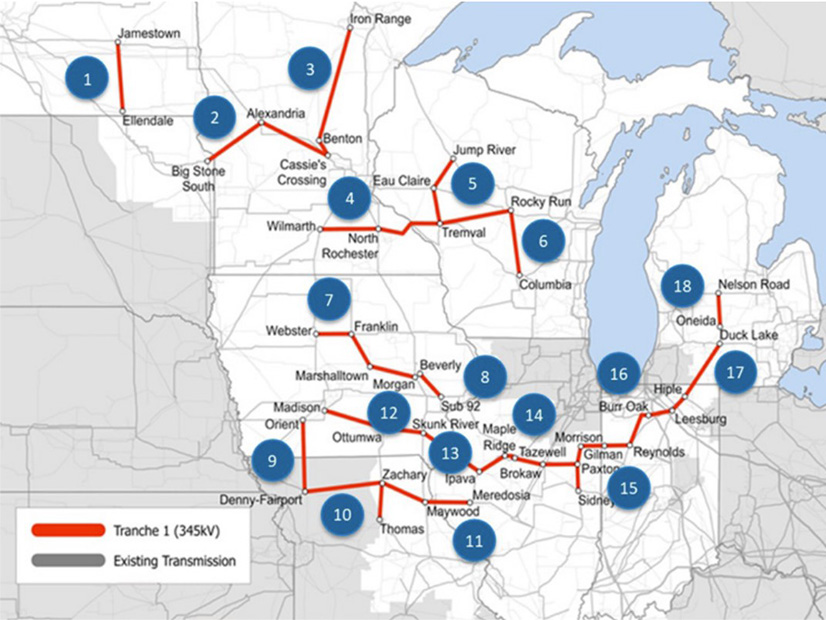Iowa ROFR Law Overturned, Throwing Multiple MISO LRTP Projects into Uncertainty
Dec 6, 2023
|
An Iowa court has formally struck down the state’s right of first refusal law, driving uncertainty for $2.6 billion worth of MISO's long-range transmission projects.

